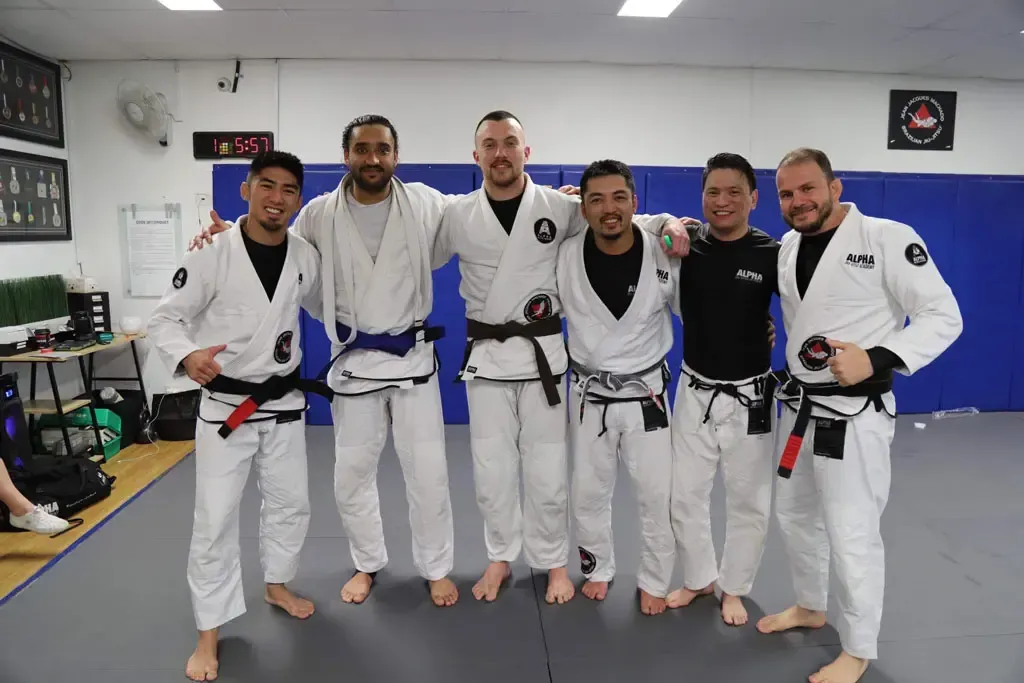
More Than Technique: Learning to Trust Your Coaches
Trust doesn’t mean blind obedience. It’s not about following directions without thought. Instead, it’s about believing that the people guiding you have your best interests at heart. In Jiu Jitsu, that trust shows up in a few powerful ways.
Trust in the Technique
Progress in Jiu Jitsu is rarely a straight line. You’ll hit walls, feel stuck, and sometimes question if you’re even improving at all. Coaches have been through this cycle countless times—both themselves and with their students. When they encourage patience, or tell you to stick with the basics, it’s not because they want to hold you back; it’s because they see the bigger picture that’s hard to notice when you’re in the middle of the grind.
Trust in Their Care
A good coach isn’t just teaching you how to fight; they’re teaching you how to stay safe, how to train smart, and how to carry yourself with respect. When they tell you to tap earlier, to sit out a round if you’re hurt, or to pace yourself, it comes from a place of wanting to keep you on the mats for the long run. That care is something worth holding onto.
Don’t Coach the Coach
Part of trust also means respecting the roles on the mat. Your coach is there to guide, and your job is to learn. It can be tempting to “help” by correcting details or adding your own commentary while they’re teaching, but that only creates noise and distraction. Everyone benefits more when the room has one clear voice of instruction. If you have a question or a different perspective, save it for the right time—usually after class, in private, or when your coach invites discussion. Respecting that boundary shows maturity and keeps the learning environment strong for everyone.
Parents, Trust the Coaches Too
For kids’ classes, this lesson is just as important for parents. It’s natural to want to help from the sidelines, but giving directions during class or shouting out reminders only confuses the child. Kids thrive when they know exactly who to listen to—and that should always be their coach on the mat. The best thing parents can do is support, encourage, and let the coaches do their job. That consistency helps kids build confidence, independence, and respect for the structure of training.
The Heart of It All
At its core, Jiu Jitsu is about relationships. The trust you build with your coaches creates a foundation for growth, not just as a grappler but as a person. You learn humility, patience, resilience, and respect. And in return, your coaches trust you too: to show up, to put in the work, and to pass on that same care to your teammates.
So if you’re on this journey, lean into that trust. Ask questions, stay curious, and give your coaches the chance to guide you. Because when you believe in the people leading you, the mats become more than a place to train—they become a place to grow.